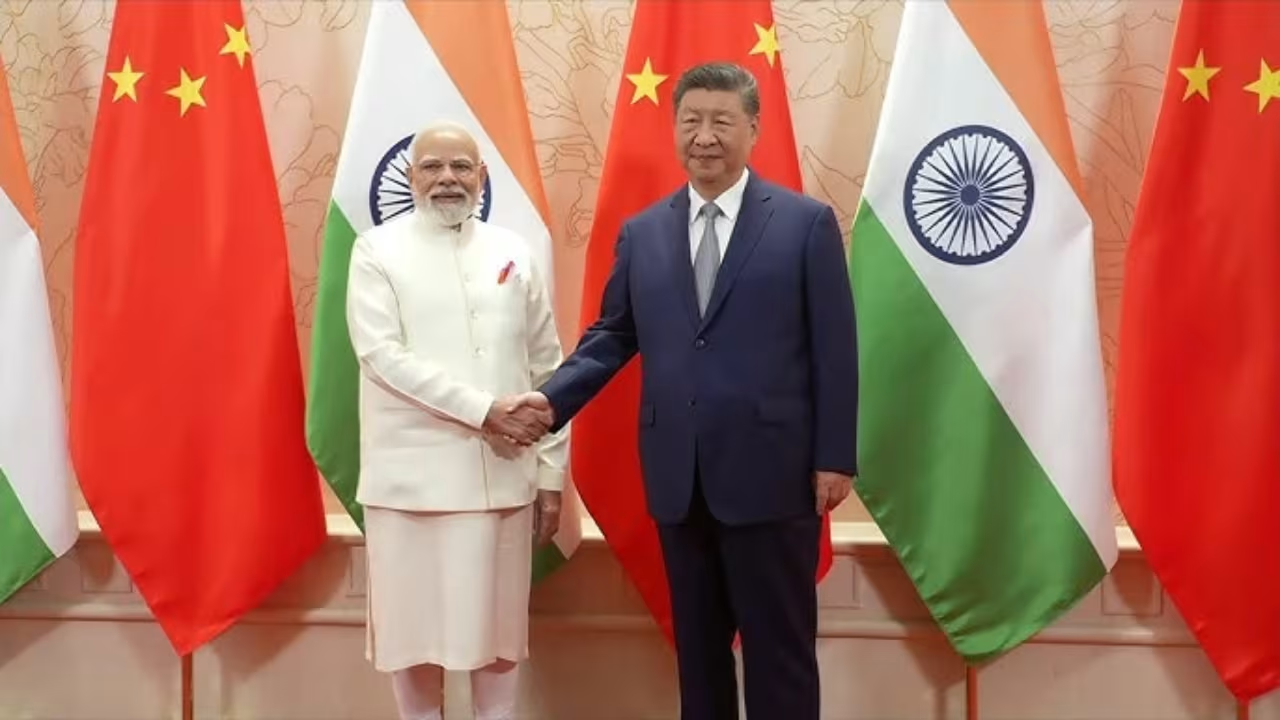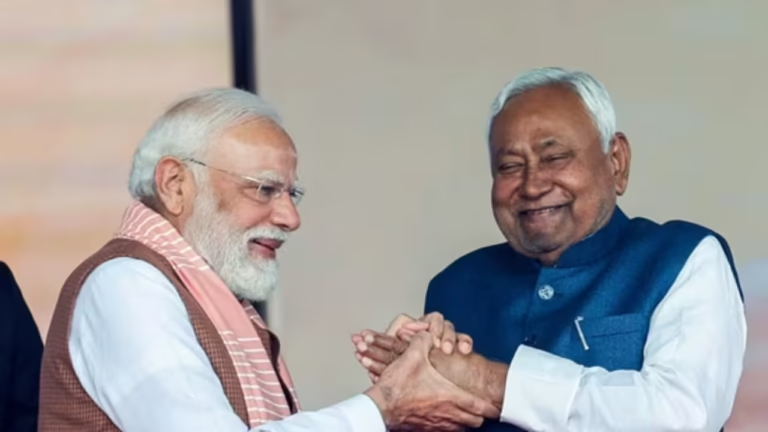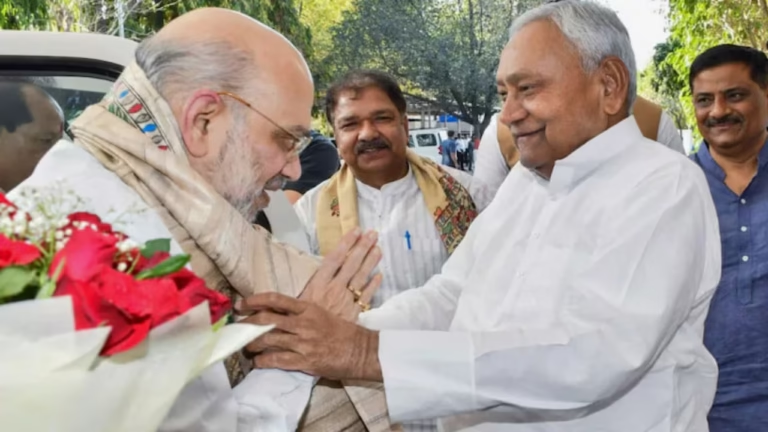
PM Narendra Modi extends an invitation to Chinese President Xi Jinping for the 2026 BRICS Summit in India, signaling a new chapter in diplomacy.
Published on: August 31, 2025 at 15:51

In a headline-making move, Prime Minister Narendra Modi has formally invited Chinese President Xi Jinping to the BRICS Summit that India will host in 2026. The announcement comes at a time when India and China’s relationship is under global scrutiny—marked by past border tensions but also shared economic and strategic interests. Interestingly, Xi has already expressed gratitude for the invitation, assuring China’s support for India’s upcoming chairmanship of BRICS.
This isn’t just another diplomatic gesture; it has the potential to reshape Asia’s role in global power dynamics.
India and China: From Standoffs to Strategic Partners
For decades, India and China have had a complicated relationship—economic partners on one hand and strategic competitors on the other. Disputes like the Ladakh border clashes cast long shadows, but both nations also know that cooperation within multilateral platforms is unavoidable.
By inviting Xi Jinping, Modi has sent a clear signal of intent: India is ready to keep disputes on the table but also prioritize cooperation where it benefits both countries. Xi’s response—emphasizing that “India and China are partners, not rivals”—adds weight to the possibility of a more stable Asian partnership.
This matters because when the world’s two largest emerging economies move closer, global trade, diplomacy, and geopolitics all take note.
Also Read: PM Modi Speaks with Putin on Phone: Discusses Alaska Summit and India’s Call for Peace in Ukraine
India’s 2026 BRICS Chairmanship: More Than Symbolism
Hosting the 2026 BRICS Summit places India in a unique leadership role. With BRICS expanding beyond its original members and positioning itself as a voice for the Global South, India’s presidency is about more than just hospitality.
-
Strategic Alignment: China has promised to back India’s chairmanship, while India has extended support to China for the 2027 BRICS Summit.
-
Economic Diplomacy: This collaboration could open the door for stronger financial cooperation, particularly in trade, technology, and energy.
-
Geopolitical Balance: At a time when the West is closely watching BRICS, India and China’s cooperation could tilt conversations on fair trade, tariffs, and global governance.
In essence, India’s hosting isn’t just about being the venue—it’s about setting the agenda for what BRICS should stand for in the next decade.
What the Invitation Really Signals to the World

This diplomatic step carries deeper meaning beyond the invitation card.
-
Peace on the Border: Modi highlighted progress in disengagement along the Line of Actual Control, showing that dialogue is slowly restoring confidence.
-
Strengthening Multilateralism: The move reinforces India’s role as a bridge between East and West, as well as a leader among developing economies.
-
Message to Global Powers: At a time of rising trade wars and tariffs, the India-China alignment demonstrates resilience and unity within BRICS against external pressures.
For India, this is as much about future positioning on the world stage as it is about bilateral peace with China.
Personal Perspective: Why This Moment Feels Different
As someone who has followed India-China relations for years, this particular development feels significant. Too often, the headlines around these two giants are about clashes and mistrust. Yet, this invitation carries a tone of maturity—an understanding that while disputes remain, the future demands cooperation.
For me, it is also a reminder that diplomacy is not about quick fixes but about long-term patience and vision. The very fact that Modi extended the hand and Xi responded positively shows that even strained ties can find new openings. If this summit in 2026 indeed happens with strong participation, it could be remembered as the moment India and China quietly chose dialogue over discord.
Also Read: PM Modi Gets Guard of Honour at Kantei: What Japan’s Grand Welcome Really Means for India
The invitation to Xi Jinping is more than diplomatic courtesy—it is a strategic reset, a symbolic yet powerful step that positions India as a confident global player ahead of its 2026 BRICS presidency.
Whether this leads to deeper cooperation or remains a momentary gesture will depend on how both nations navigate their challenges. But one thing is clear: the world will be watching India in 2026, and this move sets the stage for a new chapter in global diplomacy.






